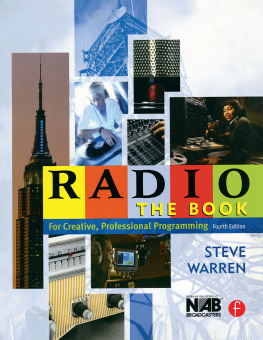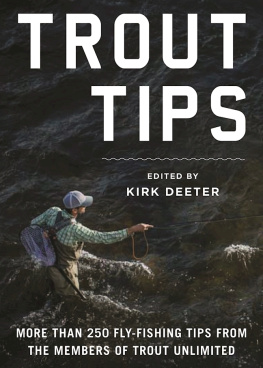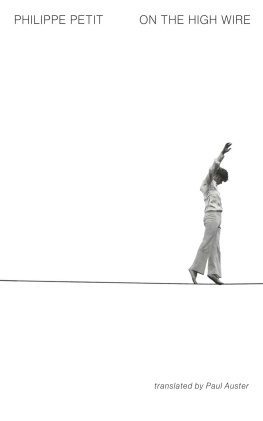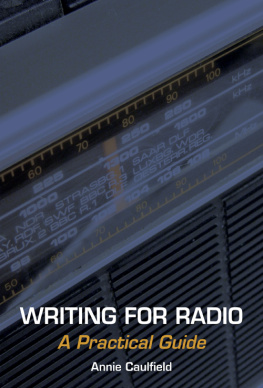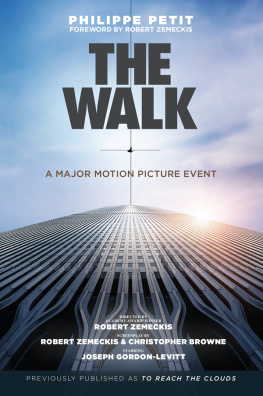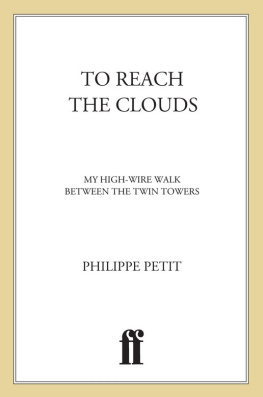Copyright 2018 Mary Saner
All rights reserved. No part of this book may be reproduced, stored in a retrieval system or transmitted in any form or by any means electronic, mechanical, photocopying, recording or otherwise or any form of media without express written permission of the author.
Published by Head to Wind Publishing
PO Box 74
Galena, MD 21635
ISBN 978-1-939632-07-4
ISBN 978-1-939632-09-8 (e-book)
Photo courtesy of Bruce Reedy
Prologue
Some people know what profession they want to be in by the time they are nine. I didn't. I still have barely an inkling when I'm twenty-nine.
After college, with thoughts of becoming a teacher, I end up in New Orleans getting a Master's degree in history at Tulane University. Though I was falling in love with the town its Dixieland jazz, oyster po'boys, and laid-back lifestyle I head north towards Washington DC to pursue another serious interest. He becomes my husband not long after. In Washington, I study more history at George Washington University with hopes of an eventual PhD. Then one day while reading the university's newspaper, a job advertisement catches my eye. The Women's Athletics Department is looking for an assistant basketball coach to also help in promoting sports teams.
I love sports, so I apply. And I get the job. A year later, I'm the Women's Sports Information Director at GW. When announcing a women's college basketball game at GW, two students from a visiting team invite me to join their half-time radio show. I take a seat at the press table between the young men and put on the headphones. It's hard to explain what happens next but being in a charged atmosphere, and hearing my voice amplified in headphones while talking about something I'm interested in (basketball) is exciting. The broadcasters ask me lots of good questions. The show moves fast. I laugh a lot don't remember what's so funny, only that I knew I'd like to try this again. I think I may have hit on what I truly want to do. This experience is enough to get me thinking about sportscasting as a possible career.
WFMD
AM 93
I don't recall who first tells me about Bernard Adams, but once I hear his name it keeps coming up. Adams is considered one of the best news directors in the radio business. He runs an award-winning news department at a small station outside of Washington in Frederick, Maryland. He's also known for offering internships to people who have lots of interest but little or no experience in broadcasting like me.
Arriving at WFMD for an interview, I find Adams downstairs in the newsroom. Had I known then of Samuel Jackson, I'd have seen the striking resemblance.
My meeting with Bernie Adams is nothing like routine. After a brief introduction, I'm reading news clippings for a voice test. He likes my voice and the way I read. He's not interested, though, in my questions about sportscasting. He doesn't need a sportscaster; he already has one. But if I'm interested in news work, he'll give me the internship. It will be three days a week for three months with no pay. Sounds good.
My internship begins right after New Year's 1983. I'll never forget the day. Bernie, who always looks stern except when he smiles, hands me a cassette tape recorder, shows me how to use it and sends me out to interview an official from a solar energy company that's expanding in town. He says to bring the tape back to the studio after the interview and write a short piece for a newscast. While I'd interviewed some student athletes at George Washington University, I'd never used a tape recorder or written a radio newscast.
The interview goes well. I think I have the information I need. All the way back to the station I'm thinking about how to write the piece. In the parking lot, I take out a pencil and the notepad Bernie gave me and start writing. Better to have some idea what the story will be before showing up in the newsroom and struggling with it. How long I'm in the car I'm not sure, but a lot of people drive by, and I'm not making any progress. Finally, I give up and go inside where I'm about to learn how to write for radio.
Most days I work with Bernie in his office, which is also a production studio and full of recording equipment. It's next door to the broadcast studio.
Watching Bernie at work is amazing. No matter where he is, he always answers the phone on the first ring. If in the next couple seconds, he hears a potential news story, he switches on his tape machine and tells the person that the conversation is being taped. (He says it really fast, but he says it.) Then he fires off questions. He's direct but not pushy. After the call, he transfers the best quotes or "sound bites" to a "cart" a plastic cartridge containing a loop of tape that he can play during the broadcast. Finally, he writes the copy or script, which ties everything together. Bernie's copy is short and to the point. He lets whoever's interviewed tell the story, and he writes the text what some writers call the "connective tissue" around those sound bites. When Bernie sits down at the mic, switches it on and begins broadcasting, his newscast comes together seamlessly. Just his deep resonant voice says: "Listen up."
It's only a couple weeks into the internship when Bernie tells me I'll be going on the air the next day to broadcast news stories that his reporters, John Fieseler and Randy Gray, have written. It's strange: I'm not excited or scared; I feel numb. But I've been practicing reading news clips, so I feel ready. The next morning, I take a seat at the 'big board' (the audio console). It reminds me of the instrument panel in an airplane cockpit lots of controls. I switch on the microphone, which at this stage is all I need to do. I'm set for my very first broadcast.
Richard C. Hottelet, the veteran CBS newsman, gives his national newscast right before mine. I'm listening to him. His voice is gripping. What would it take to sound like that? Some experience would probably help. When Richard C. Hottelet signs off, I'm on-air. It must have been a jolt for listeners to go from Mr. Hottelet to me, although they probably stayed tuned out of curiosity. I make it through the newscast with no major gaffes. What I recall most is relief at the end.
Every day there's something new. A couple of months into the internship, I learn a crucial lesson. It's St. Patrick's Day. Not being Irish or having any plans for celebrating, I'm not thinking at all about the holiday. Getting a late start driving to Frederick I get caught up in traffic. I'm scheduled to broadcast the news this morning, and arriving at the station late, I run downstairs to the studio and grab the news stories that Randy, John and Bernie have written and stacked next to the microphone. Several of the stories aired yesterday, but they're updated for today's early broadcasts. I always take time to read them before going on the air, but today I'm rushed.
Putting on the headphones I turn on the microphone and begin. I can't recall now Randy's exact words, but hear myself read something like... "In celebration of St. Patrick's Day tomorrow" (The tomorrow part I'm sure about.) By the time I finish the word "tomorrow," Bernie's standing next to me. Wow, he got in here fast from the production studio! I want to yell "Help!" but I'm still on the air. After a stupid comment about St. Patrick's Day, I sign off. Bernie has walked back to his office without saying anything. I'm too upset to say anything. But there's a sinking feeling in my stomach. What just happened is avoidable amateurish. While Randy later apologizes for not changing "tomorrow" for "today," it shouldn't have mattered. There's a cardinal rule in radio: Always read the copy before going on-air with it!





